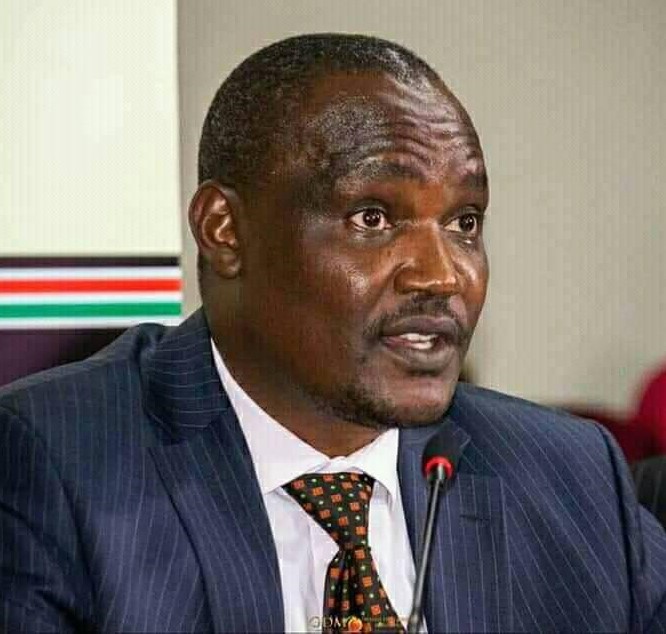Treasury Board Secretary John Mbadi has announced that the government does not have the financial capacity to hire secondary school teachers (JSS) on a permanent and pensionable basis.
He noted that the government cannot yet afford to hire 20,000 additional JSS teachers, citing difficulties in raising funds for salary adjustments.
During an interview with Citizen TV on Thursday, Mbadi explained that the current budget deficit makes it impossible for the government to address the concerns of JSS teachers. He said that the year was full of traps, which lead to significant financial limitations. “We do not have the resources to recruit JSS teachers on a permanent and Pensionable basis and we do not have the resources for the additional 20,000 JSS teachers who have been downgraded,” Mbadi said during an interview with Citizen TV. The CS specified a budget deficit of about sh13 billion, making it difficult to convert JSS teachers to permanent contracts without the necessary budget adjustments – an option that is currently not feasible.
*Impact of Finance Bill 2024*
The government initially planned to hire teachers who are currently on probation with a budget of sh18.3 billion.
However, the rejection of the 2024 finance bill created a significant budget deficit of sh346 billion. This development also aggravated the government’s financial difficulties. Despite these setbacks, on July 5, President William Ruto assured that the conversion of JSS teachers to permanent teachers would go ahead as planned.
He accepted the challenges brought by the rejection of the finance project, but he expressed the commitment of the government to find alternative financing methods.
The president said that the government will simplify its budget to fulfill its promise to teachers.
*Proposed solutions to correct the deficit*
In response to the budget deficit, the president said that the government had carried out extensive consultations to find a balance between the loan and the implementation of austerity measures. The proposed solution includes budget cuts totaling sh177 billion, while the remaining deficit will be covered by borrowing. This loan would increase the budget deficit from 3.3% to 4.6% of GDP, a level still lower than that of last year.
Funds collected through these measures will be allocated to essential government programs.

